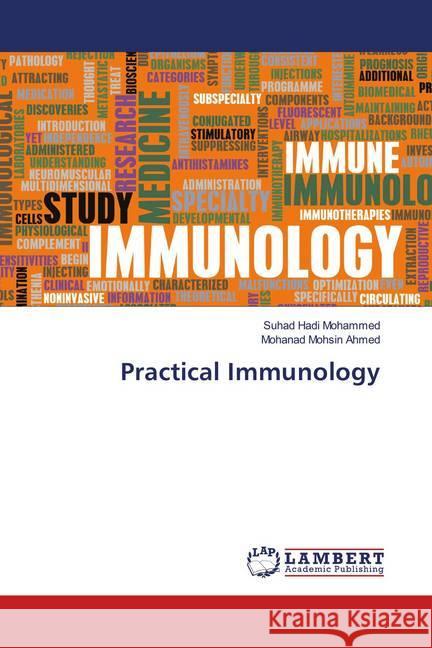Practical Immunology » książka
Practical Immunology
ISBN-13: 9783659814181 / Angielski / Miękka / 2018 / 172 str.
The immune system is the body's natural defense in fighting organisms. There are two kinds of immunity, natural and acquired. The first known as the innate immune system, representing a non-specific response to antigen (i.e. substance to which the body regards as foreign or potentially harmful); and the second, the adaptive immune system, which displays a high degree of memory and specificity. On the one hand, The innate system represents the first line of defense to an intruding pathogen. The response evolved is therefore rapid, and is unable to memorize the same pathogen that the body exposed to it in the future. On the other hand, the cells and molecules of the adaptive system possess slower temporal dynamics, but possess a high degree of specificity and evoke a more potent response on secondary exposure to the pathogen. Acquired Immunity results from recovery from infection or arises by virtue of artificial inoculation. It may be produced in two ways, namely, by active or passive immunization.











